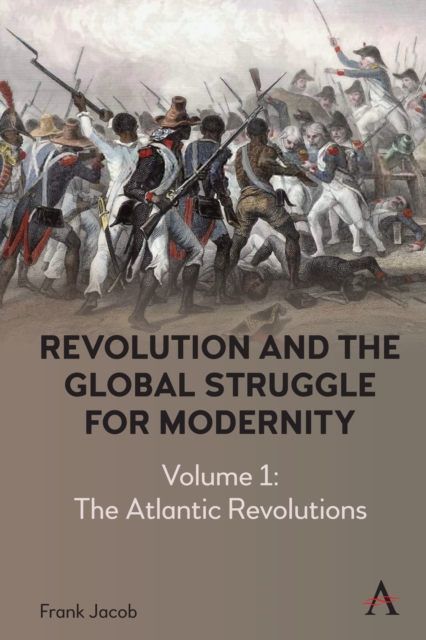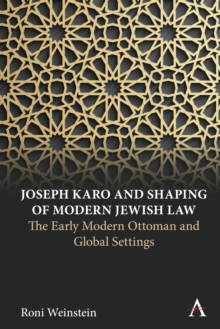
Revolution and the Global Struggle for Modernity : Volume 1 - The Atlantic Revolutions PDF
by Frank Jacob
Part of the Anthem Intercultural Transfer Studies series
Description
Karl Marx and Friedrich Engels had realized the power of revolutionary movements within history, and considered them an essential step towards the creation of a classless society. Nevertheless, the number of failed revolutions is as high as the dreams and hopes usually related to a revolutionary change. As a global phenomenon of modernity, the history of revolutions needs to be written comparatively, and for this, a comparative model is without any doubt a necessary tool.
Such a model, namely, a comparative ten-step model, will be provided in this book, to be then used to compare revolutionary case studies. Of course, the similarities among them are of special interest, while the diversity, related to regional or national preconditions, shall not be neglected. However, a comparison promises a better and critical insight into the historical developments of revolutionary processes as such.
The present book will therefore analyze the Atlantic Revolutions at the beginning of the “long” nineteenth century to show how revolutionary processes evolved. It will use the mentioned comparative ten-step model to emphasize similarities with regard to the revolutionary developments in different parts of the world. The book thereby aims at providing a general, but deeper, understanding of revolutions as a global phenomenon of modernity while explaining how revolutionary processes evolve and develop, and how they could and can be corrupted. The revolutionary case studies discussed include the American, the French, and the Haitian Revolution.
Information
-
Download - Immediately Available
- Format:PDF
- Pages:286 pages
- Publisher:Anthem Press
- Publication Date:12/03/2024
- Category:
- ISBN:9781785278419
Other Formats
- Hardback from £80.00
- EPUB from £22.50
Information
-
Download - Immediately Available
- Format:PDF
- Pages:286 pages
- Publisher:Anthem Press
- Publication Date:12/03/2024
- Category:
- ISBN:9781785278419










